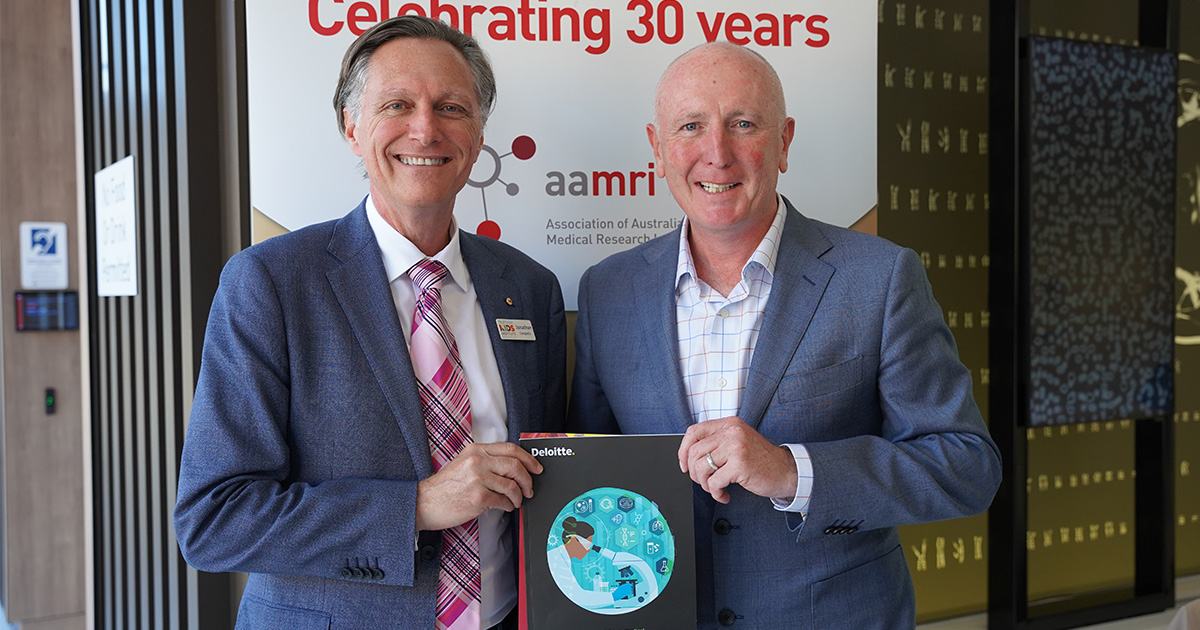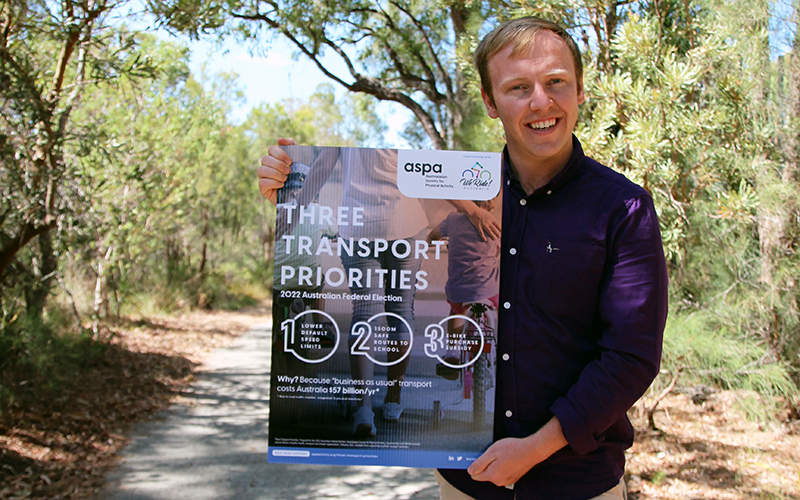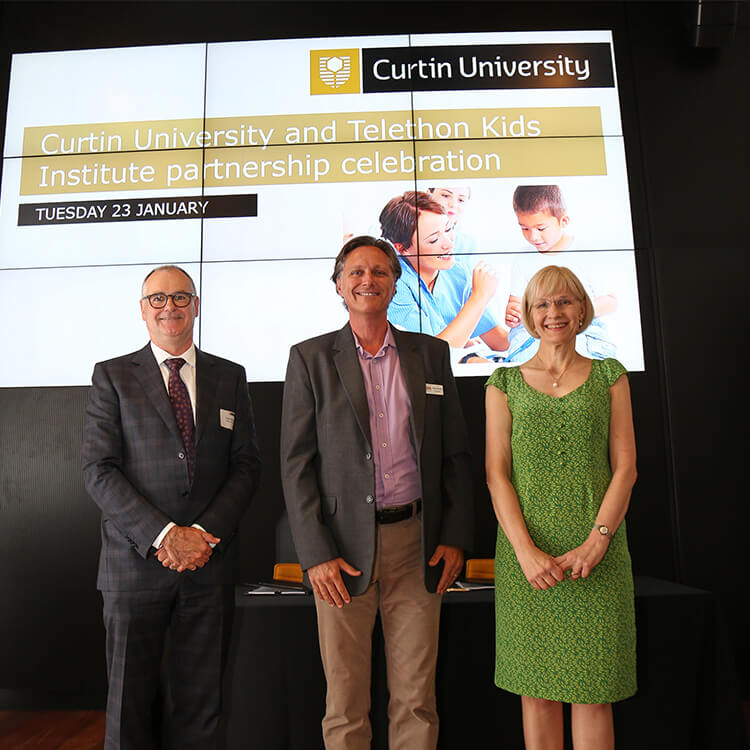Search
Research
COVID-19 monitoring with sparse sampling of sewered and non-sewered wastewater in urban and rural communitiesEquitable SARS-CoV-2 surveillance in low-resource communities lacking centralized sewers is critical as wastewater-based epidemiology (WBE) progresses. However, large-scale studies on SARS-CoV-2 detection in wastewater from low-and middle-income countries is limited because of economic and technical reasons.

News & Events
Risk of deadly diarrhoeal diseases set to worsen as climate changesResearchers from The Kids Research Institute Australia have contributed to a landmark study revealing climate change will have a detrimental impact on one of the greatest threats to the health of children in the Global south – diarrhoea.

News & Events
Projects to probe role of dads and help parents navigate teens’ digital worldA project that will investigate the role of Australian fathers in their children’s wellbeing and another which aims to help parents grapple with the digital world and its role in teens’ mental health have received significant funding from the Australian Research Council.

News & Events
Researchers share in almost $3 million for groundbreaking child health researchFive researchers from The Kids Research Institute Australia will share in almost $3 million in grants to continue groundbreaking research to tackle childhood cancer, asthma prevention, lung disease and chronic ear infections.

News & Events
Researchers receive crucial Near Miss fundingCongratulations to four outstanding The Kids Research Institute Australia researchers who have received funding designed to support researchers who have narrowly missed out on highly competitive national funding.

News & Events
Report confirms the economic value of medical research in WAThe Kids Research Institute Australia has welcomed a landmark report which reveals every dollar invested in WA’s medical research sector is more than doubled when it comes to return on investment to our economy.

News & Events
Federal politicians urged to adopt transport priorities that keep kids happy, healthy and safeThe Kids Research Institute Australia has backed a series of transport priorities to keep children safer on the roads, boost physical activity levels, and save the economy billions of dollars.

News & Events
New era for child health research with The Kids Research Institute Australia and Curtin partnership signedThe Kids Research Institute Australia and Curtin University will work together as part of a new agreement focused on enhancing children’s health and medical research in WA.
Research
The potential of antisense oligonucleotide therapies for inherited childhood lung diseasesAntisense oligonucleotides are an emerging therapeutic option to treat diseases with known genetic origin. In the age of personalised medicines, antisense oligonucleotides can sometimes be designed to target and bypass or overcome a patient's genetic mutation, in particular those lesions that compromise normal pre-mRNA processing. Antisense oligonucleotides can alter gene expression through a variety of mechanisms as determined by the chemistry and antisense oligomer design.
Research
Socio-economic inequality underpins inequity in influenza vaccination uptake between public and private secondary schools: an Australian population-based studySocio-economic inequality and vaccination inequity have long been critical issues. However, no studies have explored the gap in influenza vaccination uptake between public and private schools. Importantly, the extent to which socio-economic inequality translates into vaccination uptake inequity has not been quantified.
